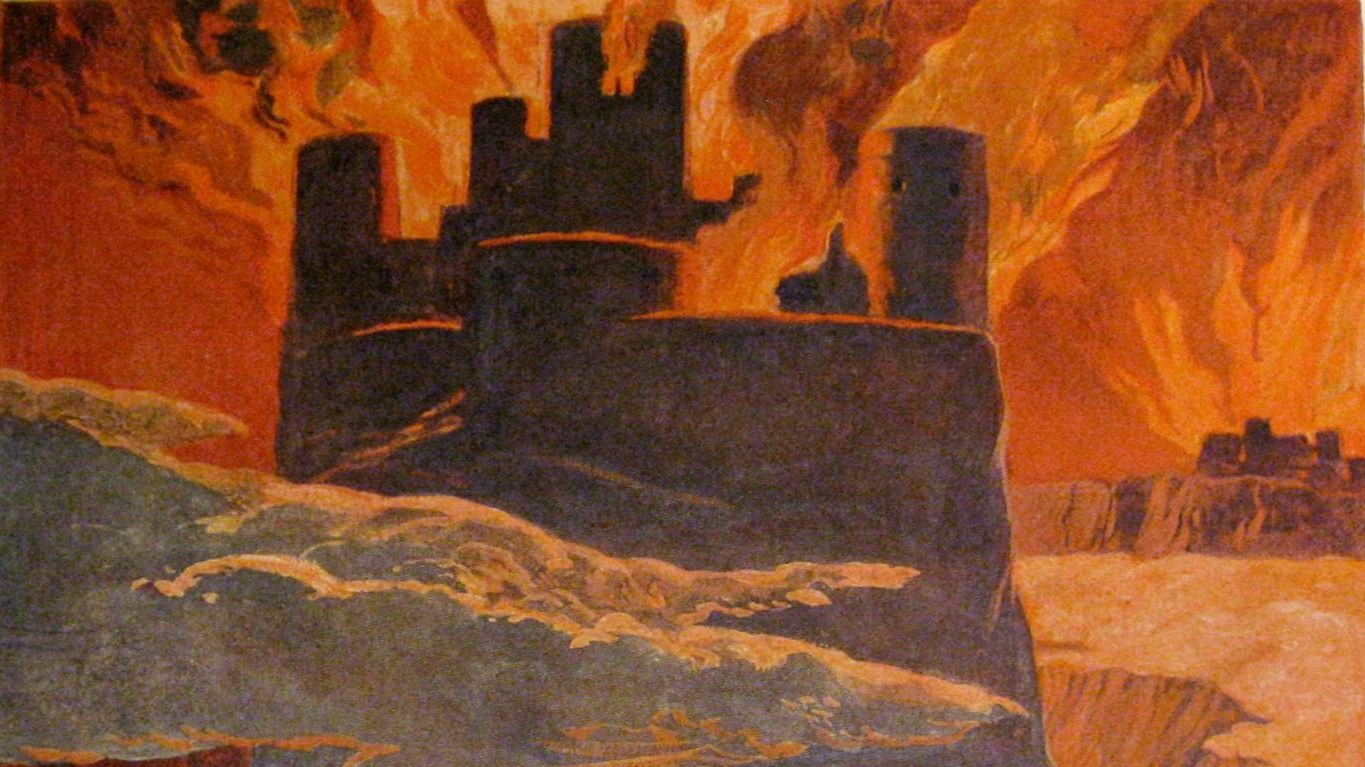US and UK authorities have already asked Ankara to review the policy of restrictions, but for now the ships remain anchored off the Bosporus
According to the MarineTraffic portal, on December 5 and 6 an unexpected “jam” of 19 ships was observed near the Turkish Bosporus. Oil tankers, including Russian ones, cannot pass Turkish territorial waters because of the tightened requirements of the authorities.
In particular, six Russian vessels are “stuck” in the strait. These are General Skobelev, Kapitan Barmin, Lady Aria, Lady Maria, Caminero and Roschem 2. Two Russian tankers Mekhanik Yerokhin and Volga River were also approaching the Bosporus from the Dardanelles.
The traffic jam at a key transport corridor between the Mediterranean Sea and the Black Sea occurred after the EU decision on the Russian oil price cap came into effect on December 5. The restrictions include a ban on insuring tankers if the Russian oil they carry was bought at a price above the established ceiling of $60 a barrel.
Whether this restriction has anything to do with the stranded ships is now being specified. However, it is known that the Turkish authorities, expecting the EU sanctions to enter into force, have tightened the procedure for the passage of ships through its straits.
Specifically, they began to require the passing ship to provide proof of full insurance of the cargo. It’s noted, for example, that a Sovcomflot vessel was able to pass Bosporus on December 3 after the insuring company provided the Turkish authorities with a corresponding letter.
Previously, Russian tankers passing through the Bosporus were insured by a company from the United Kingdom. In light of the new sanctions, the British refused to insure ships with Russian oil sold at a price higher than the established level, and Moscow, in turn, refused to work with insurers that agreed to comply with the new EU sanctions.
On November 29, the Deputy Minister of Transport Aleksandr Poshivay assured the journalists that the Turkish authorities fully recognize the insurance certificate of the Russian companies for sea transport, while India and China recognize most of these insurances but not all.
More confusion was introduced into the situation by Bloomberg, which reported that vessels carrying not Russian but Kazakh oil were in the jam near the Bosporus. According to the agency, this oil, which amounts to 18 million barrels, is not under the anti-Russian sanctions, so the Turkish authorities should not have obstructed their passage.
Bloomberg says the US and UK authorities have already asked Ankara to reconsider its restriction policy in this connection, but for now the ships remain anchored off the Bosphorus.
It is not ruled out that this way Ankara shows Europe and other countries that it can, if necessary, exert considerable pressure on the oil and gas prices and that it would be better to “come to terms” with Turkey.
Source: Rossa Primavera News Agency




